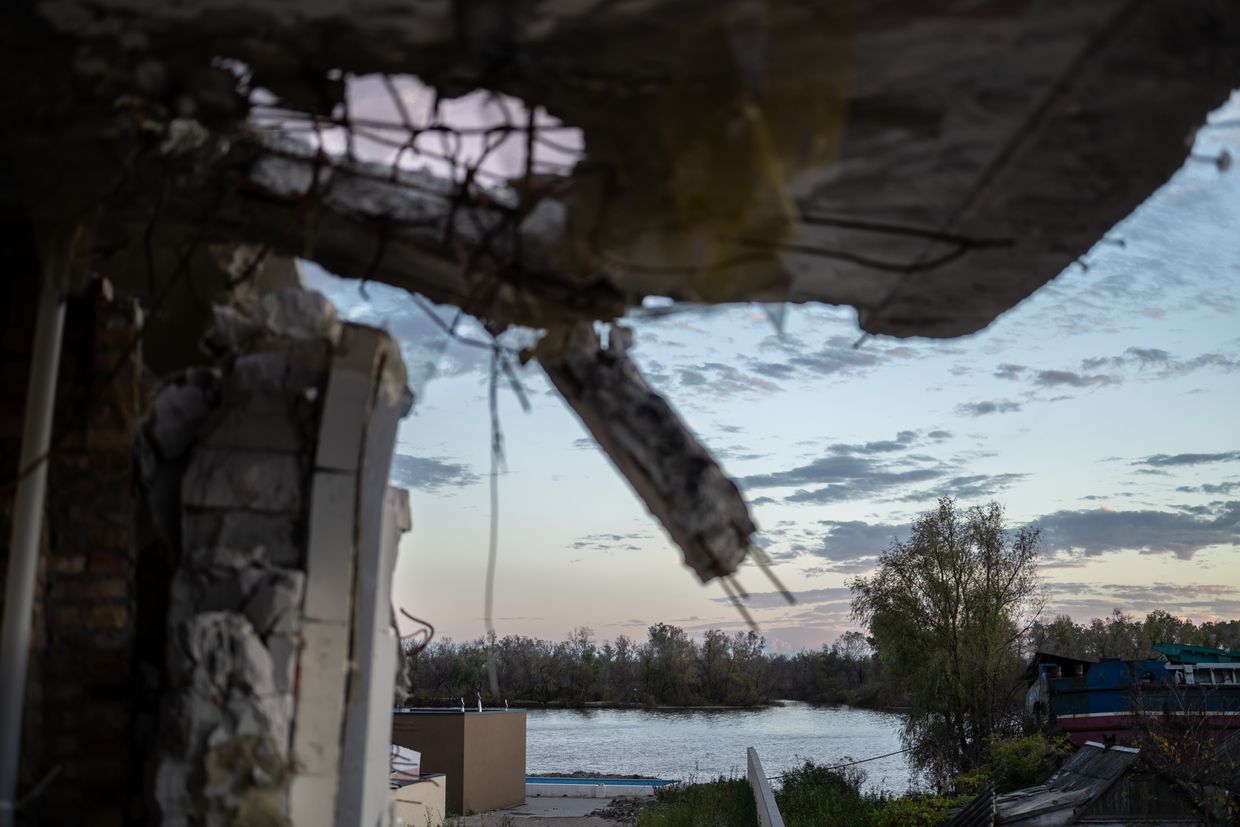UK Defense Ministry: Poor training, coordination likely limiting Russia’s offensive capabilities in Kherson Oblast

Poor training and coordination of Russian troops stationed on the east bank of the Dnipro River in Kherson Oblast likely prevent them from dislodging Ukrainian forces from the area, the U.K. Defense Ministry reported on Jan. 20.
After a series of military operations on the Dnipro River’s east bank, held by Russian troops since the start of the full-scale invasion, Ukrainian forces established footholds in the area, continuing to repel Russian attacks despite logistical challenges.
“Russia’s Dnepr (the Russian name for the Dnipro River) Grouping of Forces has been unsuccessful in all its attempts to dislodge the Ukrainian defenders, despite almost certainly having a significant advantage in the balance of forces on this axis,” the ministry wrote in its latest intelligence update.
“It is highly likely that the poor training and coordination of Russian forces in the area is limiting their offensive capabilities.”
Ukraine has been conducting cross-river raids into the occupied part of Kherson Oblast east of the Dnipro River since February, with more intensified attacks reported in August.
The Ukrainian Marines said on Nov. 17 that Russian forces had lost around 3,500 soldiers, including more than 1,200 killed, as well as dozens of pieces of military hardware, in battles on the Dnipro River near Kherson.
“Forcing Ukraine to withdraw its forces from the east bank of the Dnipro remains a priority operational objective for Russia,” reads the British intelligence update.
“It is highly likely Russia will persist with attacks in the Krynky area in the coming weeks despite growing personnel losses."
Krynky is a settlement some 35 kilometers east of Kherson, which is said to be one of the main flashpoints in this sector of the front. The U.K. Defense Ministry cited a Russian military blogger in its Jan. 12 update who estimated that Russia had lost 90% of its military equipment in the area of Krynky.
Russia has faced difficulties in countering Ukrainian first-person-view (FPV) drones during combat on the river’s east bank, likely due to a shortage of electronic warfare capability in the area, according to the U.K. Defense Ministry.













